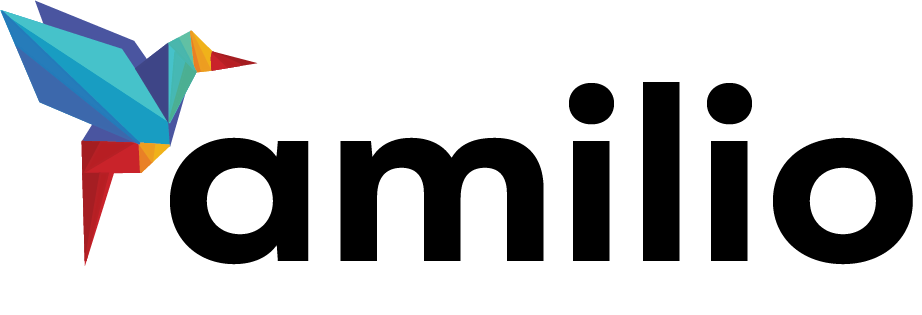Article
The Impact of Accessibility on SEO: Unlocking Digital Potential
In today's competitive digital landscape, search engine optimization (SEO) is essential for businesses looking to increase visibility and reach their target audience. However, a crucial aspect of SEO that is often overlooked is accessibility.
18 October 2024 • 3 min read
Related
Read me
Search engine optimization (SEO) is essential for businesses looking to increase visibility and reach their target audience. However, a crucial aspect of SEO that is often overlooked is accessibility. Ensuring that websites are accessible to individuals with disabilities not only enhances user experience but also significantly impacts SEO performance. When businesses prioritize accessibility, they open the doors to a broader audience and drive engagement, all while adhering to principles of inclusivity.
"Investing in accessibility today is investing in a future where everyone can discover and engage with your brand."
Why Accessibility is Important for Your SEO Strategy
When websites are designed with accessibility in mind, they unlock several significant advantages that can bolster SEO efforts:
Many accessibility features—such as image alt text, proper heading structure, and descriptive link text—also enhance SEO. Alt text not only assists visually impaired users but also provides search engines with context about images, which can improve visibility in search results. A well-structured site, with clear headings and organized content, makes it easier for search engine crawlers to index, resulting in better discoverability.
Accessible websites can cater to a larger demographic, including individuals with disabilities, aging populations, and those with varying levels of digital literacy. By creating an inclusive experience, businesses can attract more visitors and potentially increase their customer base.
Many accessibility principles align closely with best practices for mobile optimization. With the increasing use of mobile devices for browsing, ensuring that websites are both accessible and mobile-friendly can further enhance search engine rankings. Features like responsive design and easy navigation are beneficial for all users, leading to higher traffic and improved SEO performance.
With more countries implementing accessibility legislation, ensuring your website meets these standards can protect your business from legal risks. Demonstrating a commitment to inclusivity not only helps in compliance but also strengthens brand reputation. Consumers today value businesses that prioritize social responsibility and inclusivity, which can lead to increased loyalty and trust.
Accessibility and the Future of SEO
As digital trends continue to evolve, accessibility will remain a vital component of SEO strategy. The rise of voice search and AI-driven technologies emphasizes the need for websites to be structured in a way that accommodates all users. For instance, optimizing for voice search often requires clear, concise language and direct answers to common questions—elements that also enhance accessibility.
Moreover, advancements in technology, such as AI tools that assist in making content more accessible, will continue to shape the future of both SEO and web design. By prioritizing accessibility today, businesses position themselves for future growth and innovation, ensuring they remain competitive in an ever-changing digital landscape.
Conclusion: A Call to Action
In conclusion, accessibility is not just a legal obligation or a moral responsibility; it’s a strategic advantage that can greatly enhance your SEO efforts. By making your website accessible, you improve user experience and engagement while unlocking the potential for greater visibility and success in search engines.
Investing in accessibility today means embracing a more inclusive, discoverable, and impactful online presence for your brand. It's a commitment that not only benefits your business but also fosters a digital environment where everyone can participate and thrive. Now is the time to take action: evaluate your website’s accessibility and make the necessary adjustments to ensure that all users can access and engage with your content effectively. In doing so, you’ll not only enhance your SEO but also contribute to a more equitable digital landscape for everyone.
Tags
To find the solution that is best suited for your needs



